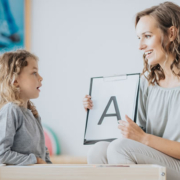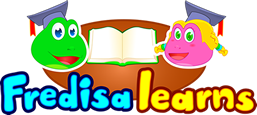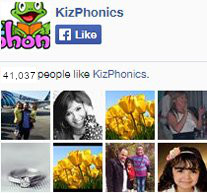The Enthralling World of Puzzles in Children’s Phonics Education
In today's technologically driven era, puzzles remain a steadfast tool in fostering a child's cognitive and phonetic development. From the traditional jigsaw to the intellectual challenge of a puzzler crossword, puzzles offer children an engaging platform to learn while they play. Here's why puzzles, be it on a physical puzzle board or puzzler online, remain a cornerstone in children's education.
Why Puzzler Puzzles Reign Supreme
Puzzler puzzles, renowned for their intricacy, are not just meant for seasoned solvers; they're an excellent resource for children too. These puzzles, whether in the form of a puzzler crossword or a brain-teasing word search, challenge young minds, pushing them to think laterally, improve vocabulary, and develop pattern recognition skills.
Puzzle Board Vs. Puzzler Online
While traditionalists might lean towards the tactile experience of a physical puzzle board, there's no denying the allure and benefits of puzzler online platforms. Online platforms offer a plethora of options like puzzle word search, puzzle jigsaw, and even puzzle maker tools, enabling children to not only solve puzzles but create them. Websites like Kizphonics bridge the gap, offering resources that blend traditional and digital learning seamlessly.
The Undeniable Appeal of Puzzler Crossword and Word Search
A puzzler crossword is not just about filling in the blanks; it's an intricate dance of phonics, vocabulary, and logic. For children, crosswords serve as a playful introduction to new words, aiding in spelling and recall. Similarly, a puzzle word search encourages keen observation and enhances vocabulary, making them indispensable tools in phonics education.
Unleash Creativity with Puzzle Maker Tools
In today's digital age, kids aren't just passive consumers; they're creators. Platforms that offer puzzle maker tools empower children to craft their jigsaws, crosswords, and more. It's an innovative way to encourage creativity while reinforcing phonics principles.
Fact Section: FAQs
Q: What are the cognitive benefits of engaging with puzzles in early education?
A: Puzzles enhance critical thinking, boost memory, improve concentration, and foster problem-solving skills.
Q: Are digital puzzles as effective as traditional ones in a child's learning process?
A: Yes, both formats offer educational advantages. Digital puzzles often come with interactive features, while traditional ones offer tactile learning experiences.
Q: Where can I find resources that merge traditional puzzles with digital learning?
A: Platforms like Kizphonics provide a blend of traditional and digital learning resources for children.
Q: Can puzzles help in improving a child's vocabulary?
A: Absolutely! Puzzles like crosswords and word searches introduce children to new words, aiding in vocabulary expansion and spelling.
In conclusion, the world of puzzles is vast and varied, offering a plethora of learning opportunities for children. From the classic jigsaw to the intellectual puzzler crossword clue challenges, puzzles remain an essential tool in phonics education. They stimulate the brain, making learning an enjoyable journey. So, dive into this enthralling realm with your child and witness the magic unfold.










